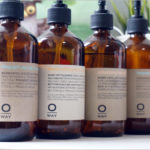
Moisturizing and hydrating: Glycerin
Overview:
– neutral, colourless, thick liquid which freezes to a thick paste
– powerful degreaser and a natural by-product of soap making
– make the bubbles in bubble bath last longer
– skin-friendly humectant which attracts water to the skin
– provide lubrication and acts as a humectant
– natural remedy for yeast and fungal infections
– highly stable under typical storage conditions
– compatible with many other chemical materials
– virtually non-toxic and non-irritating in its varied uses
– natural glycerin are naturally derived from vegetable oils
– synthetic glycerin are produced from propylene alcohol
– (propylene alcohol is a petroleum derivative)
Purported skin care benefits when applied topically:
– hydrates and helps skin retain its own natural moisture
– leave skin feeling soft and hydrated while permitting it to breathe
– allows topical agents to go on very smoothly
– contains healing properties
– good for those with sensitive skin like eczema and psoriasis
Known side effects:
– will cause skin blisters when used without diluting
– may clog pores when used in high concentrations
– may irritate the skin in especially dry climates
Other names:
– glycerine
– glycerol (which shows that it is an alcohol)
Products containing this ingredient:
– used in lots of bath, body products and moisturizers
– soaps should have glycerin for moisturizing properties
– soaps made from vegetable glycerin are said to be excellent
Comments
Leave a Reply
You must be logged in to post a comment.

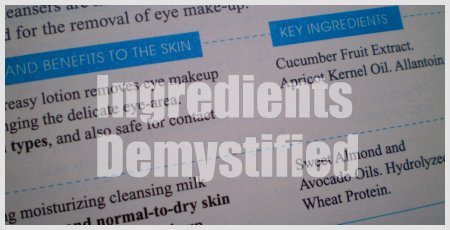
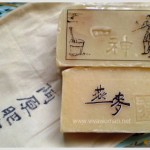








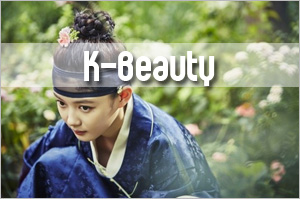
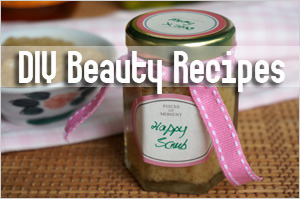
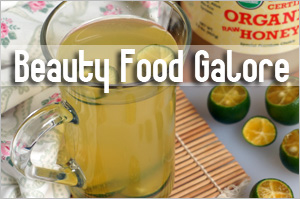
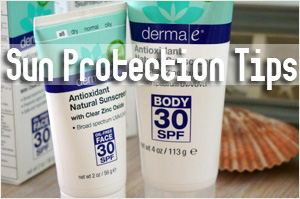
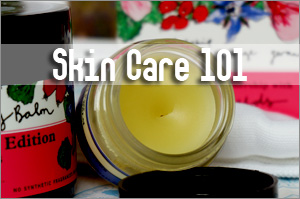
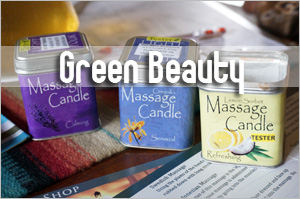
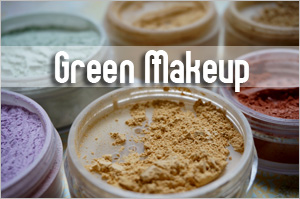
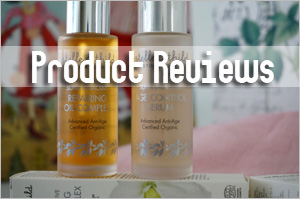
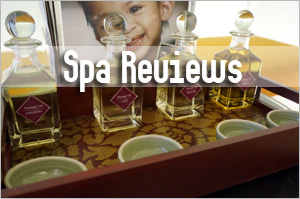
heya! do you happen to have any idea where we can buy glycerin? cuz it pops out quite frequently in recipes for natural remedies!
thanks (=
elleve: Hi, I don’t know of any locally but if you search on the web, you should be able to find many selling this online.